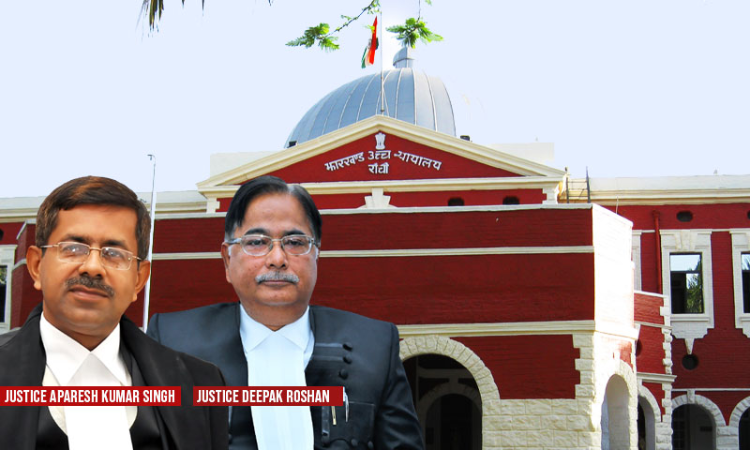No Manufacturing Activity Within State , ITC Cannot Be Denied Under JVAT Act: Jharkhand High Court
Parina Katyal
29 March 2022 3:58 PM IST

Next Story
29 March 2022 3:58 PM IST
The Jharkhand High Court has ruled that Input Tax Credit can be denied on Inter-State sale or transfer of stock under Section 18(8)(ix) of the Jharkhand Value Added Tax Act, 2005 only when some manufacturing activity is undertaken by the assessee in the State. The Bench, consisting of Justices Aparesh Kumar Singh and Deepak Roshan, has held that in a taxing statue there is no room...
